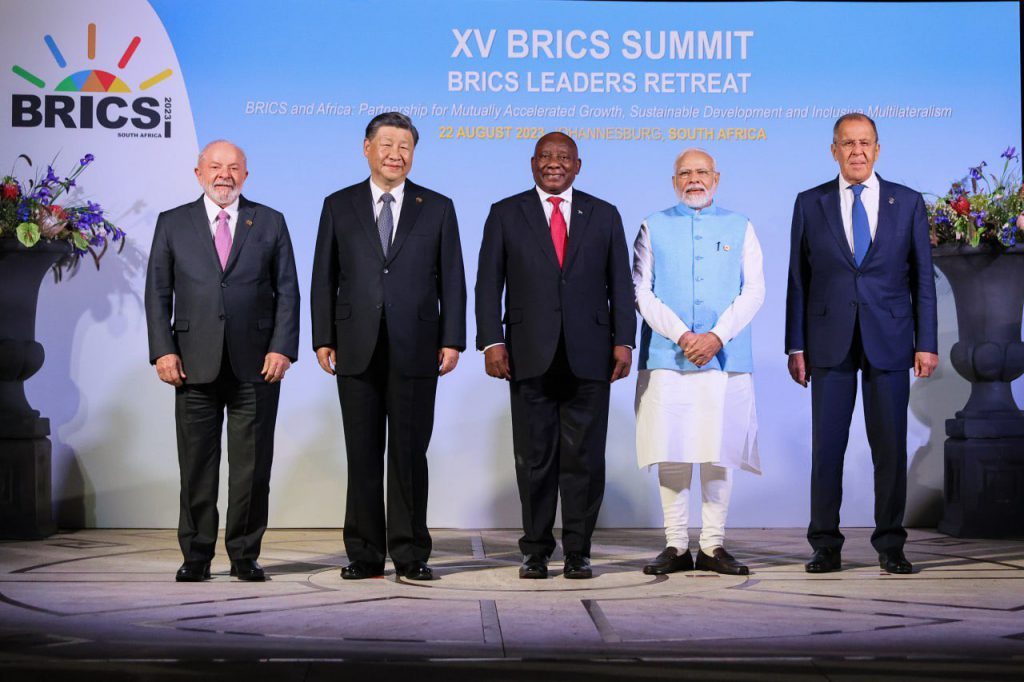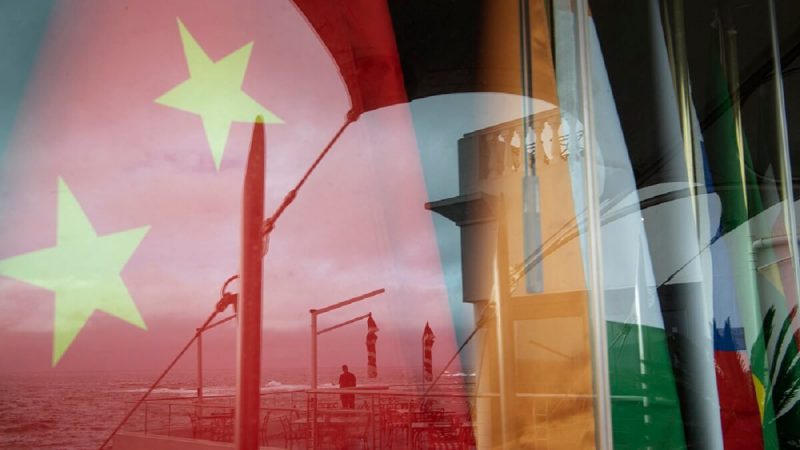The BRICS alliance is advancing by putting local currencies at the forefront of global trade, not the US dollar. The newly joined members of the bloc, Saudi Arabia and the UAE are partnering with existing members India, China, and Russia to settle oil trade in local currencies.
First and foremost, India purchased 1 million barrels of oil from the UAE and settled the transaction with the Rupee. The Indian Oil Corporation (IOC) initiated the payment in Rupees with the UAE’s National Oil Company (ADNOC).
Also Read: U.S. Has More Gold in Reserves Than All of BRICS Combined
Secondly, India initiated another trade deal by purchasing gold worth $1.7 million from the UAE. All the deals between the two BRICS members occurred in mid-August of this year.
Thirdly, India and Saudi Arabia are discussing ways to conduct business without the US dollar. India and Saudi Arabia have initiated talks to settle trade in local currency, ending their reliance on the US dollar. It is reported that the two countries might conclude to settle oil in their respective local currencies.
Also Read: U.S. & European Union React to BRICS Expansion
In conclusion, BRICS members India and the UAE are the two countries that settle oil in local currencies. India and Saudi Arabia are looking at ways to end their dependency on the US dollar. Read here to know the impact on the U.S. economy if BRICS completely ditches the dollar for global trade.
BRICS Convincing More Countries to Use Local Currency For Oil & Not US Dollar


BRICS is convincing developing countries in Africa, Asia, and South America to settle trade in local currency and not the US dollar. Developing countries want to strengthen their native economies and businesses by using their local currencies for international transactions.
Also Read: BRICS: China’s Economy Echoing 2008 Financial Crisis of the U.S.
If the BRICS begin to settle oil in local currencies, the demand for the US dollar will decline in global markets. A dollar decline leads to turmoil in the US economy as America will find fewer means to fund its deficit.





